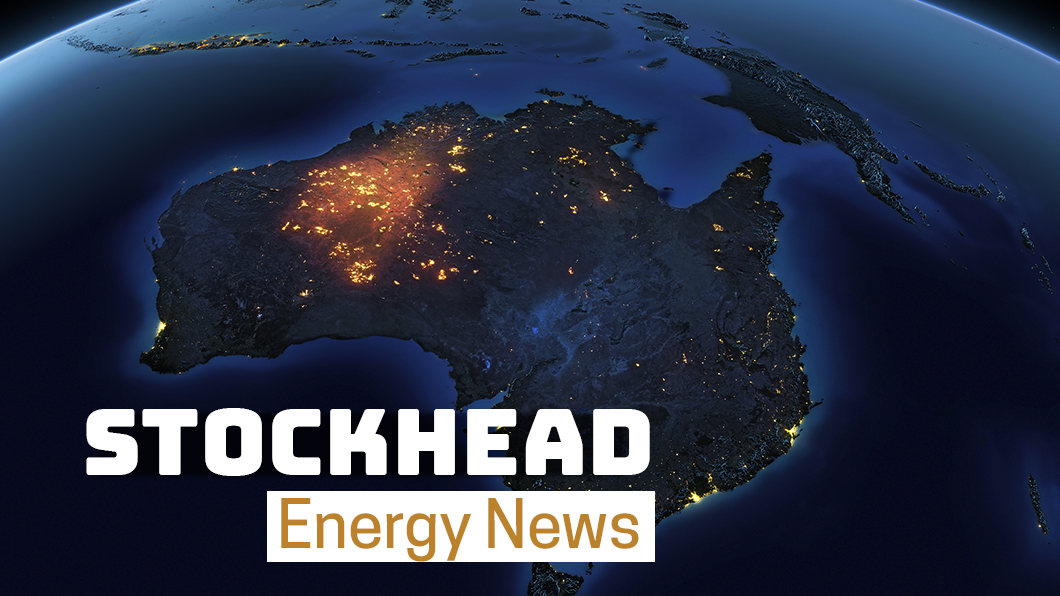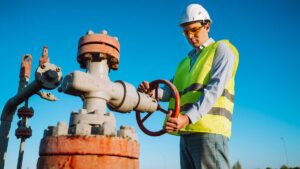South Australia ramps hydrogen production with three new export hubs

Pic: Matthias Kulka / The Image Bank via Getty Images
- South Australia outlines locations for three hydrogen hubs in Hydrogen Prospectus
- Port Bonython, Port Adelaide and Cape Hardy/Port Spencer chosen as hub sites
- State government wants South Australia to become a leading exporter of hydrogen
South Australia is cementing its leading position in hydrogen technology by announcing the locations of three hydrogen hubs for the production and export of the carbon-free fuel.
Port Adelaide, Port Bonython and Cape Hardy/Port Spencer are the chosen sites for the three hydrogen hubs, outlined in the South Australian government’s Hydrogen Prospectus launched this week.
“The prospectus reveals that South Australia can become a national and international exporter of clean power, while achieving the goal of net 100 per cent renewable energy,” South Australia’s energy and mining minister, Dan van Holst Pellekaan said.
The government wants to reduce the cost of hydrogen production to make it an attractive option for use in heavy transport, power generation and industry, he said.
“The hub at Port Bonython in the Upper Spencer Gulf could export industrial-scale green hydrogen around Whyalla and Port August,” said the minister.
South Australia hydrogen plans published
A single hydrogen hub could double the current installed power generation capacity of existing solar and wind farms in South Australia.
The South Australian government’s Hydrogen Prospectus and Hydrogen Export Modelling Tool detailing its plans are published on its website.
“This new prospectus and modelling tool cements our credentials as a world-class place to do business and leading renewable hydrogen producer and supplier to the world,” said the minister.
Adelaide is host to Australia’s largest electrolyser plant for hydrogen, the Hydrogen Park SA at Tonsley.
Earlier this month, Global Energy Ventures (ASX:GEV) said it was building a ship to carry hydrogen to export customers in Asia.
Australia is one of the world leaders in developing a hydrogen exports sector, and a National Hydrogen Strategy is being steered by the CSIRO, supported by $2bn of funding.
The aim of the National Hydrogen Strategy is to develop a national hydrogen industry for domestic and export uses capable of producing the fuel at under $2 per kilogram in 2030.
UNLOCK INSIGHTS
Discover the untold stories of emerging ASX stocks.
Daily news and expert analysis, it's free to subscribe.
By proceeding, you confirm you understand that we handle personal information in accordance with our Privacy Policy.








